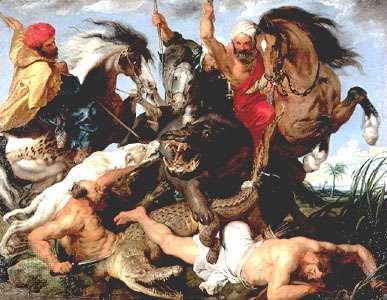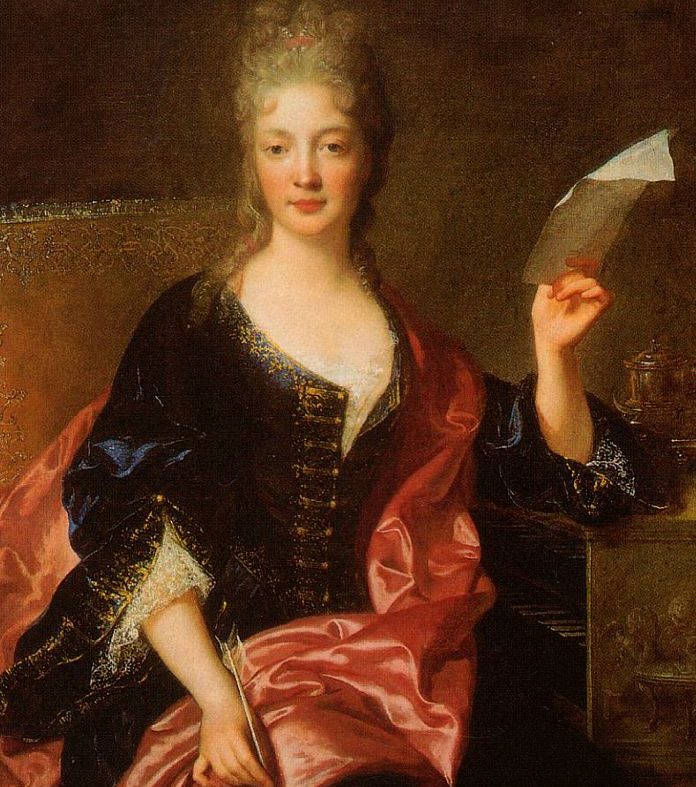
 Just after attending our second season concert on Thursday, 7/11, at Brandeis University, guest Victor King McElheny sent a note to Aston Magna Artistic Director Dan Stepner. Thanks so much to Mr. McElheny, a writer, journalist and visiting scholar at MIT for his eloquence and for allowing us to share his note! This concert is repeated tonight, 7/12 at Wethersfield Garden in Amenia, N.Y., and tomorrow evening, 7/13, at Saint James Place in Great Barrington.
Just after attending our second season concert on Thursday, 7/11, at Brandeis University, guest Victor King McElheny sent a note to Aston Magna Artistic Director Dan Stepner. Thanks so much to Mr. McElheny, a writer, journalist and visiting scholar at MIT for his eloquence and for allowing us to share his note! This concert is repeated tonight, 7/12 at Wethersfield Garden in Amenia, N.Y., and tomorrow evening, 7/13, at Saint James Place in Great Barrington.
“Dear Dan,
Congratulations on a seriously pleasurable concert this evening.
Ruth and I drove home tonight under a romantic half moon, enjoying echoes of a very special kind of exploration.
The paintings, filled with classical fantasies, gave us a constant sense of people living 400 years ago, enjoying music. The level of performance was so high. Voices and instruments came through to us as skilled and vibrant, putting across bold rhythms and risky harmonies. A fine, courtly evening.
And the concept strikes me, as a popularizer of science, as effective education, part of a coherent history of music, propelling us forward through one era of creativity to the next. On to Purcell!
History that works gets us right back into the risky, contingent time when works of art are formed out of the feelings and skills of a particular period.
Some listeners might get a heightened sense of the time from recalling even more sharply what a frightening and risky era it was. The world-shattering battle between Protestantism and Counter-Reformation included incidents like an 80-year attempt by Spain to completely conquer and convert Rubens’ Low Countries. Sounds like a tough proposition when the Low Countries were taking over as the commercial center of the world in succession to the Mediterranean and particularly northern Italy. The high stakes also included Henry IV’s success in ending the Wars of Religion in France, the Papacy’s failure to conquer Venice, and the ravages of the 30 Year’s War starting in 1618.
Spelling of some of the captions needs checking. Maybe there should be a word that Isabella Clara Eugenia, her Austrian Archduke husband, and the Cardinal Infant were the rulers in Brussels over much of Rubens’ life.
We look forward eagerly to the succeeding concerts.
Best,
Victor”





